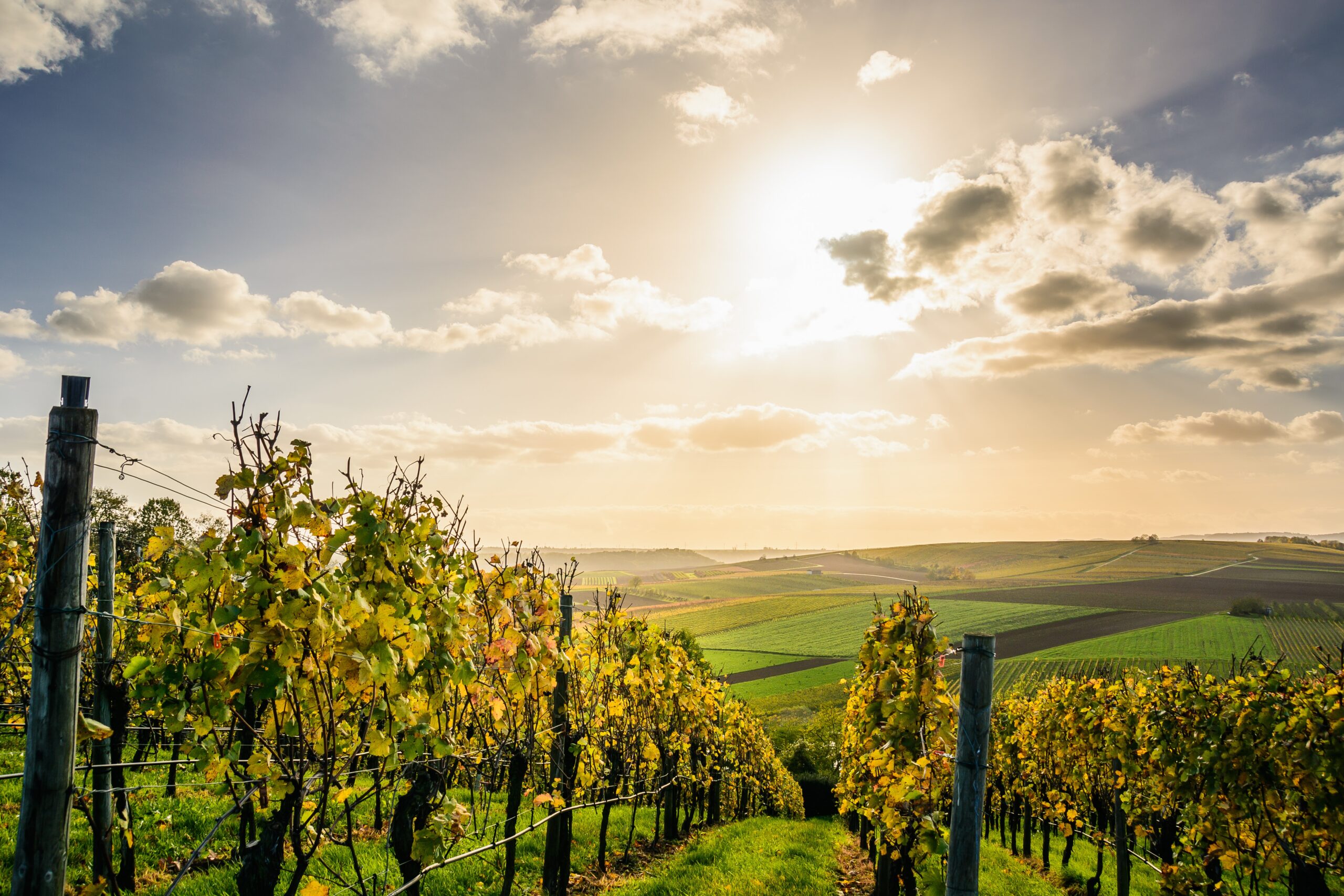Project Description
It cannot be denied that wine tourism is a new and important niche in tourism industries. This thesis will take a closer look into the development and organization of wine tourism in Europe and will answer the following main research question: “How has wine tourism developed in Europe?” This thesis made use of qualitative data collection to answer the main and sub research questions. The methodology consisted of two parts. Firstly, a literature review was conducted to gain a better understanding of the concepts used in this thesis. Secondly, a secondary data analysis was conducted to answer the research questions of this paper. The results of this study indicate that ‘visiting wineries and tasting/buying wine’ was the highest ranked motivational factor, agreeing with Hall et al. (2000, p.127) that also found that ‘tasting and buying wine’ were the highest ranked factors in previous studies (Alant & Bruwer, 2004). Next to this, the development of wine tourism in Europe already has a lot of benefits, but also still some opportunities to improve. These benefits include the extra income and the increase of relationships with customers, which creates a pleasant work environment for most wine-producers and winery owners. Most importantly, a lack in coordination is the biggest pitfall for wine tourism. This lack can be found with local governments, but also between wineries and other local business owners such as restaurants or accommodations. There mostly is no real management or know-how and to little promotion for the regions, which both is not helping the development of wine tourism. The results of this thesis also indicate that wine routes provide tourists with the opportunity to experience wine production, as well as taste the wines and learn about the history, tradition and culture of the region. This, together with the promotion of other local products can contribute to the development of a wine region. Wine routes are therefore an important factor in the development of wine tourism in a region. The overall conclusion that can be taken from this thesis, is that even though wine regions might already be very established in the wine-making process, there is still a lot of improvement for the development of wine tourism. However, it is important to note that the results and conclusion of this thesis are limited in generalizability, because this thesis is based on several case studies. It is therefore beyond the scope of this thesis to give a universally applicable conclusion.
Author: A. Van Der Zande (2021)






